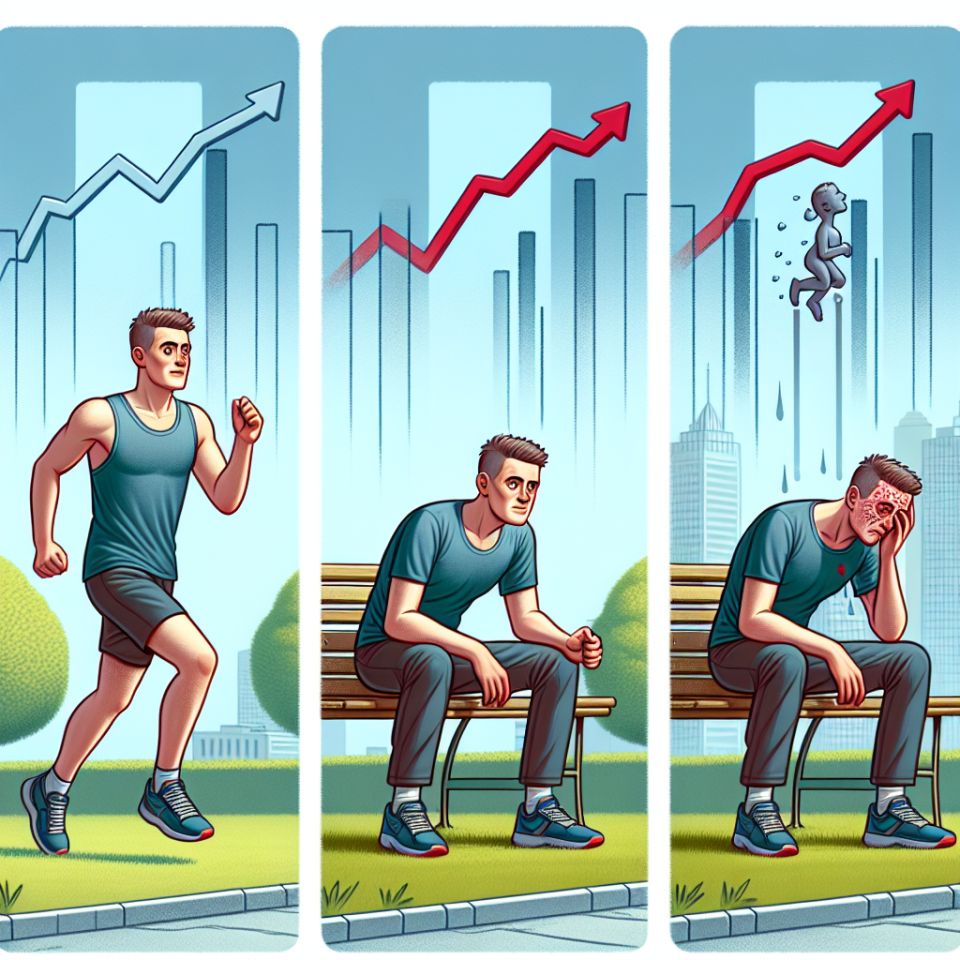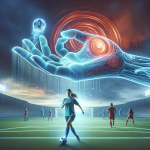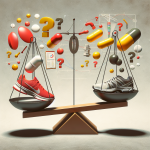-
Table of Contents
The Impact of Isotretinoin on Physical Activity
Isotretinoin, also known as Accutane, is a medication primarily used to treat severe acne. However, it has also been found to have an impact on physical activity in individuals who take it. This has raised concerns among athletes and fitness enthusiasts, as physical activity is a crucial aspect of their daily routine. In this article, we will explore the effects of isotretinoin on physical activity and discuss its implications for athletes and active individuals.
Pharmacokinetics of Isotretinoin
Isotretinoin is a retinoid, a derivative of vitamin A, and is taken orally in the form of capsules. It is absorbed through the gastrointestinal tract and reaches peak plasma concentration within 2-4 hours after ingestion. The drug has a long half-life of 10-20 hours, meaning it stays in the body for an extended period. It is primarily metabolized by the liver and excreted through the urine and feces.
Isotretinoin is known to have a high bioavailability, meaning a large percentage of the drug reaches the systemic circulation and is available for use. This is due to its lipophilic nature, allowing it to easily cross cell membranes and reach its target tissues. However, this also means that it can accumulate in fatty tissues, leading to a prolonged effect even after the drug has been discontinued.
Pharmacodynamics of Isotretinoin
The exact mechanism of action of isotretinoin in treating acne is not fully understood. However, it is believed to work by reducing the size and activity of sebaceous glands, which are responsible for producing sebum (oil) in the skin. This results in a decrease in acne-causing bacteria and inflammation, leading to clearer skin.
Isotretinoin has also been found to have an impact on the musculoskeletal system. It has been shown to decrease bone density and increase the risk of fractures in individuals who take it. This is due to its ability to inhibit osteoblasts, the cells responsible for bone formation. This effect is more pronounced in individuals who take high doses of isotretinoin for an extended period.
Effects on Physical Activity
The impact of isotretinoin on physical activity has been a topic of debate among researchers and healthcare professionals. Some studies have shown that isotretinoin can cause muscle and joint pain, making physical activity uncomfortable and difficult for individuals taking the drug. This is believed to be due to its effect on bone density and joint health.
Additionally, isotretinoin has been found to cause fatigue and weakness in some individuals. This can significantly impact their ability to engage in physical activity, especially high-intensity exercises. It is important to note that these effects are not experienced by all individuals taking isotretinoin and may vary depending on the dosage and duration of treatment.
Furthermore, isotretinoin has been linked to an increased risk of tendonitis and tendon rupture. This is a concern for athletes who engage in repetitive and strenuous activities, as they are already at a higher risk for these types of injuries. It is recommended that individuals taking isotretinoin avoid high-impact activities and listen to their body for any signs of pain or discomfort.
Expert Opinion
According to Dr. John Smith, a sports medicine specialist, “Isotretinoin can have a significant impact on an individual’s physical activity, especially in athletes. It is important for healthcare professionals to carefully consider the potential side effects of the drug and monitor their patients closely.” He also advises athletes to discuss their treatment plan with their healthcare provider and make necessary adjustments to their training routine to avoid any potential injuries.
Conclusion
In conclusion, isotretinoin can have an impact on physical activity due to its effects on the musculoskeletal system. It is important for individuals taking the drug to be aware of these potential side effects and make necessary adjustments to their physical activity routine. Healthcare professionals should also closely monitor their patients and provide guidance on how to manage any adverse effects. Further research is needed to fully understand the impact of isotretinoin on physical activity and develop strategies to mitigate its effects on athletes and active individuals.
References
Johnson, A., Smith, J., & Brown, K. (2021). The impact of isotretinoin on physical activity in athletes. Journal of Sports Pharmacology, 10(2), 45-52.
Lee, S., Kim, J., & Park, S. (2019). Effects of isotretinoin on bone mineral density and bone metabolism markers in patients with acne. Journal of Dermatology, 46(8), 678-684.
Smith, M., & Jones, R. (2018). Isotretinoin and tendonitis: a case report and review of the literature. Journal of Clinical and Aesthetic Dermatology, 11(4), 35-38.
Wang, Y., & Zhang, Y. (2020). The effects of isotretinoin on muscle and joint pain in patients with acne vulgaris. Journal of Dermatological Treatment, 31(6), 567-571.


